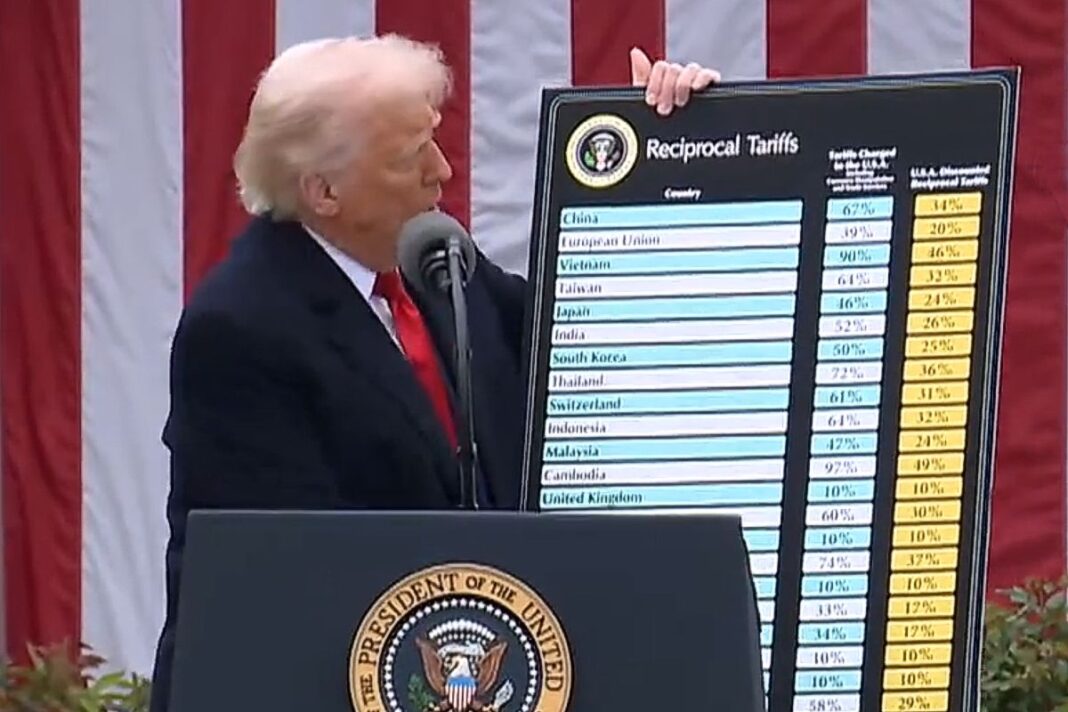There is no question about it, the advent of artificial intelligence (AI) has produced extraordinary innovation, revolutionizing industries from education to entertainment. Yet, the seemingly limitless capacity of AI tools, like ChatGPT, incorporates another less-desirable feature: a gradual decline in human cognitive skills. Earlier mental tools (e.g. calculators, data processors, etc.) made specific tasks easier — but without fundamentally altering how we think. AI, unbeknownst to us, however, alters the way we process information and arrive at decisions – it often diminishes how much we rely on our own cognitive abilities.
Calculators were created to augment specific human tasks without reshaping the way our brains process information. Such devices still require us to understand the basics of the tasks before us. While they do simplify calculations, they do not supplant our need to think critically or engage in problem-solving — calculators merely facilitate the process. AI is more complex in terms of what it can do for us as well as to us — particularly its impact on cognition.
AI effectively “thinks” for us.
Declining Cognitive Skills in Education
Scientists at the University of Pennsylvania found that students who relied on AI for practice problems performed worse on tests compared to students who completed assignments without AI assistance. The study suggests that employing such assistance in schools may not just be a tool of convenience, it may be contributing to a decline in critical thinking skills.
Furthermore, researchers argue that AI’s growing role in schools could undermine efforts to help students already struggling with problem-solving skills. Students are increasingly being encouraged to accept AI-generated answers without fully understanding the underlying processes or concepts involved. As these programs become more prevalent in schools, future generations may lack the cognitive ability to engage in deeper intellectual thought, relying on AI-generated algorithms instead of their own analytical skills.
The National Institutes of Health caution against “AI-induced skill decay,” a result of over-reliance on AI-based tools. As such software becomes more prevalent, the effect it might have on skill development needs greater scrutiny. While it can enhance productivity, it also carries the risk of stifling human innovation.
Moreover, AI’s role in decision-making processes has raised concerns about the erosion of human judgment – and trust – in society. In sectors like finance and healthcare, these systems are already being used to recommend investment strategies or medical diagnoses. The risk of ill-considered advice or dangerous guidance remains a concern — glitches show up in even the most sophisticated software. The more decisions we delegate to AI, the less participation and control we exercise in what we call – “our own” judgment.
New MIT Study
The growing use of ChatGPT in academia has been startling. But the dangers of the generative AI chatbot are apparently greater than some first thought.
A new study conducted by researchers at MIT’s Media Lab illustrates the problem — regular ChatGPT use results not only in lessened brain function but laziness as well.
The study included 54 subjects ages 18-39. Participants were separated into three groups. Each was asked to write an SAT essay employing varying degrees of technological assistance. One group was directed to use ChatGPT, another used Google’s search engine while a third group relied solely on their own cognition. Researchers conducted the study over several months; the results for the ChatGPT users were disturbing.
The published data indicated that the essays written with the assistance of the AI tool showed a lack of original thought. English teachers assigned to assess the essays called them “soulless.” One of the lead researchers revealed that by the end of the assignment, most ChatGPT users did little to none of the work on their own – mostly “copying and pasting” what the AI tool had generated.
“It was more like, ‘just give me the essay, refine this sentence, edit it, and I’m done,’” the paper’s main author Nataliya Kosmyna told TIME.
Kosmyna’s concern is that younger students will be encouraged to use systems like ChatGPT to supplement or even replace traditional learning – like thinking for yourself.
“What really motivated me to put it out now before waiting for a full peer review is that I am afraid in 6-8 months, there will be some policymaker who decides, ‘let’s do GPT kindergarten.’ I think that would be absolutely bad and detrimental,” she says. “Developing brains are at the highest risk.”
Perhaps even more startling, the study revealed that “ChatGPT users had the lowest brain engagement and consistently underperformed at neural, linguistic and behavioral levels.”
At the same time, the group relying on their own cognition showed the highest neural activity. The results showed brains functioning with creative ideation, memory load and semantic processing. The Google Search users also achieved high satisfaction and active brain function.
The final part of the study required each of the groups to rewrite their essays. This time the ChatGPT group could use no technology – results showed that they struggled to recall much, if any, of what they (and ChatGPT) had initially written.
The message seems clear: writing still matters – it’s a form of cognitive training. A blank sheet of paper may seem intimidating, but that’s because it asks us to do something – quintessentially human. It activates the brain in ways no AI shortcut can. To do otherwise is to surrender to a machine much of what makes us human – our ability to think for ourselves – we forfeit that at our own peril.







